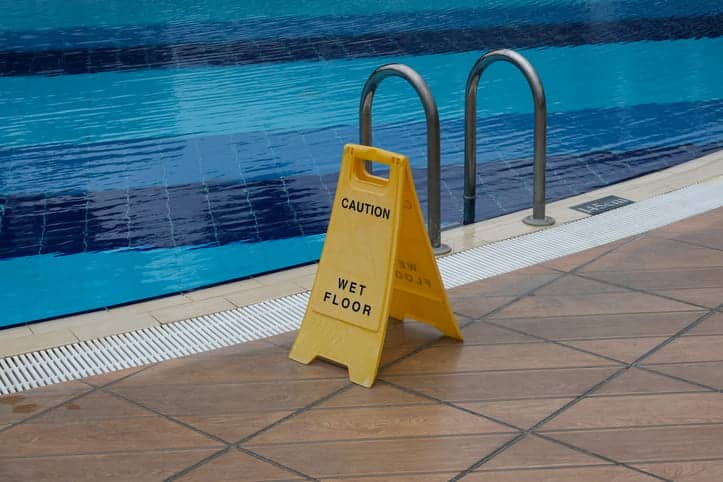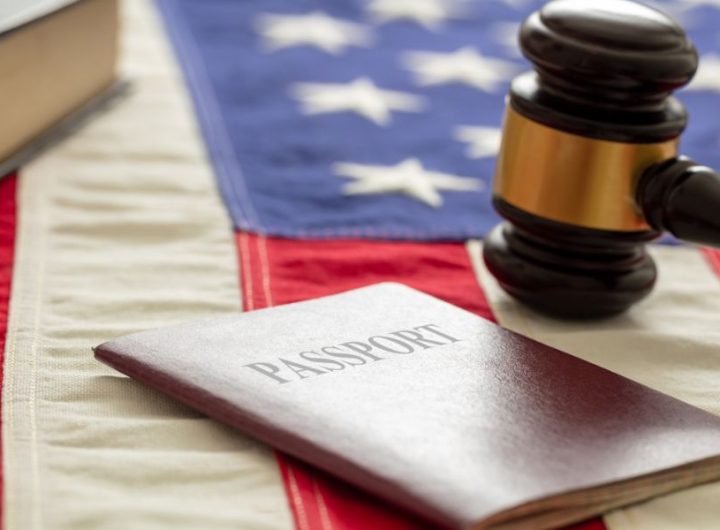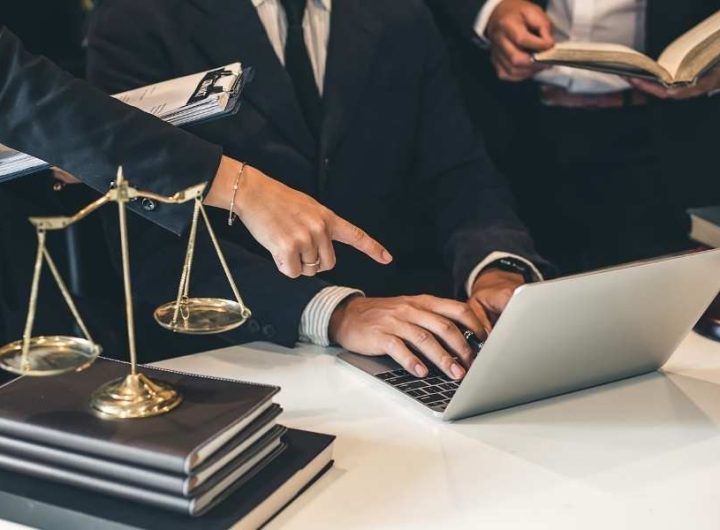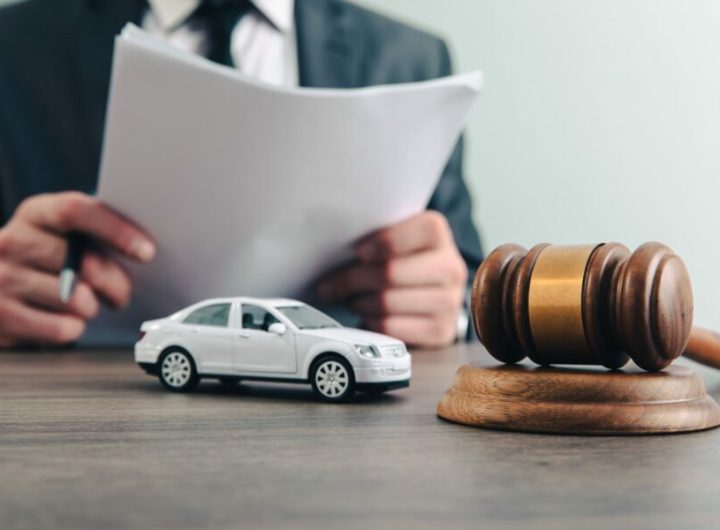
Hotel and Casino Accident Injuries in Henderson don’t just interrupt a getaway — they can alter a person’s life in an instant. From crowded casino floors and slippery pool decks to malfunctioning elevators or inadequate security, accidents in hospitality settings often involve complex layers of liability. Guests who suffer injuries may face more than just physical pain: medical bills, lost income, and ongoing rehabilitation can follow long after the trip ends.
Understanding Nevada premises liability law is essential for anyone hurt on a hotel or casino property. Determining who is responsible — whether it’s a property owner, management company, or maintenance contractor — requires careful investigation, prompt evidence collection, and familiarity with state safety standards. This guide explains how these cases unfold, what injured guests can do immediately after an accident, and how legal counsel can help protect their rights and maximize recovery.
For individuals or families seeking legal support after an accident in Henderson, additional information and local resources are available through https://cameronlawlv.com/, a trusted source for guidance on Nevada hotel and casino injury claims.
Risks facing guests in Henderson hotels and casinos
Henderson’s resort scene blends upscale hotels, busy casino floors, restaurants, theaters, and pool complexes, each with its own safety pitfalls. Crowded lobbies with polished stone, buffet areas with frequent spills, and pool decks exposed to sun and chemicals all increase slip risk. Add escalators, moving walkways, rideshares stacked at the porte-cochère, and guests carrying luggage, and the chance of missteps rises.
Other hazards include inadequate lighting in garages, broken handrails on stairs, loose carpeting in corridors, and malfunctioning automatic doors. Security issues may surface during large events or late-night hours when alcohol is flowing and foot traffic spikes. Even with extensive surveillance, blind spots and delayed responses can occur. The bottom line: hotels and casinos must anticipate these risks and carry out systems that keep guests safe from preventable harm.
Slip and fall accidents tied to poor property maintenance
Slip and fall claims are among the most frequent Henderson Hotel & Casino Accidents, often arising from poor property maintenance and inadequate safety oversight. These incidents usually trace back to preventable hazards that property owners or management fail to address in time. Typical causes include:
- Wet or greasy floors in lobbies, restrooms, and buffet areas
- Worn or rippled carpeting that catches shoes or luggage wheels
- Missing “wet floor” signage or insufficient mats on rainy days
- Uneven transitions between flooring surfaces and loose tiles
- Slippery pool decks not treated with anti-skid coatings
Under Nevada law, businesses must use reasonable care to inspect for hazards and fix or warn about them within a reasonable time. In self-service areas, think buffets or beverage stations, the “mode-of-operation” rule can relax the usual notice requirement, because spills are inherently foreseeable in those setups. And while a condition may be “open and obvious,” Nevada courts do not treat that as an automatic defense: it’s weighed under comparative fault rather than eliminating the duty outright. Preserved evidence like inspection logs, housekeeping records, and surveillance footage often makes or breaks these claims.
Inadequate security as a cause of guest injuries
Assaults, robberies, and other third-party crimes sometimes occur in hotel rooms, hallways, and, most often, parking structures. Under NRS 651.015, an innkeeper or property owner can be liable for criminal acts of others if those acts were reasonably foreseeable and the business failed to exercise due care.
Foreseeability typically hinges on what the property knew or should have known, prior incidents on-site, crime patterns in the area, broken access controls, or repeated complaints from guests or staff. Reasonable security measures vary by venue but may include:
- Adequate lighting and functioning cameras in garages and corridors
- Trained, visible security patrols during peak hours or events
- Controlled access to guest floors (keyed elevators, locked side doors)
- Prompt response protocols and clear incident reporting
When those safeguards are missing, or ignored after warnings, injuries linked to inadequate security can lead to viable negligence claims.
Legal responsibility of property owners under Nevada law
Premises liability law in Nevada centers on whether the hotel or casino used reasonable care to keep the property safe for invitees (guests). Key legal pillars include:
- Duty of care: Owners must inspect, discover hazards, repair them, or warn guests. This duty extends to common areas, rooms, pool decks, escalators, and pathways.
- Notice: Plaintiffs typically show the business had actual or constructive notice of a dangerous condition. Constructive notice can be proven if the hazard existed long enough that a reasonable inspection would have found it.
- Mode-of-operation: In areas where the business model routinely creates hazards (buffets, beverage stations), a guest may not need to prove notice because spills are expected and should be proactively managed.
- Third-party crimes: Under NRS 651.015, liability for criminal acts turns on foreseeability and whether reasonable security measures were in place.
- Comparative negligence: Nevada follows a modified comparative negligence rule (NRS 41.141). A guest’s recovery is reduced by their percentage of fault and barred only if they’re more than 50% at fault.
- Statute of limitations: Most injury claims must be filed within two years of the incident (NRS 11.190(4)(e)). Evidence fades fast, so early action matters.
Casinos and hotels can also be liable for the negligence of their employees and, in some circumstances, for unsafe work done by contractors when it implicates non-delegable duties to keep premises reasonably safe. Practical tip: rapid evidence preservation is crucial. Surveillance systems typically overwrite footage on a rolling basis, so a prompt preservation letter from counsel can be decisive.
Compensation avenues for medical expenses and damages
Injured guests may pursue compensation for both economic and non-economic losses. Common categories include:
- Medical bills: ER care, follow-up visits, imaging, surgery, physical therapy, medications, and future medical needs. Health insurers or Medicare may claim reimbursement from settlements, which attorneys can often negotiate.
- Lost income: Missed work, reduced hours, or loss of earning capacity if injuries have long-term effects.
- Non-economic damages: Pain, emotional distress, inconvenience, and loss of enjoyment of life, critical in cases involving chronic pain or mobility limits.
- Out-of-pocket costs: Travel for treatment, medical equipment, home modifications, and property damage (phones, glasses, luggage).
- Punitive damages: Available only for egregious misconduct and capped in most Nevada cases. Noneconomic damages are not generally capped in premises cases (medical malpractice is the notable exception).
Accurate documentation, medical records, wage statements, and a contemporaneous pain journal, helps demonstrate the full impact of the injury.
Case examples of hotel and casino liability in 2025
While specific settlements are often confidential, 2025 filings and reported decisions around Southern Nevada highlight familiar patterns:
- Pool deck falls after resurfacing: Guests slipped on newly sealed surfaces that lacked adequate traction, with incident logs showing multiple complaints the same week. Liability turned on whether the property ignored early warnings and failed to add temporary mats or signage.
- Parking garage assaults: Claims focused on burned-out lights and broken access gates, plus prior incident reports. Foreseeability and the reasonableness of patrols were central under NRS 651.015.
- Escalator and moving walkway mishaps: Catch points from loose metal skirts or sudden stops led to falls. Maintenance records, contract terms with service vendors, and inspection frequency were scrutinized.
- Buffet-area spills: The mode-of-operation doctrine played a key role where beverage stations lacked non-slip mats and frequent inspections during peak periods.
Across these matters, the same evidence moved the needle: video footage retention, contemporaneous incident reports, floor care schedules, prior-incident data, and expert testimony on human factors and security standards. Outcomes correlated with the clarity of liability and injury severity: stronger liability plus serious, well-documented injuries tended to resolve for higher amounts.


 Uncovering the Realms of Property Division During a Divorce Case
Uncovering the Realms of Property Division During a Divorce Case  Estate Planning After Divorce: Protecting Your Financial Future in Boston
Estate Planning After Divorce: Protecting Your Financial Future in Boston  The Role of Evidence in Winning a Car Accident Claim in Atlanta
The Role of Evidence in Winning a Car Accident Claim in Atlanta  Exploring the EB-5 Investor Visa Program and Immigration Pathways in 2025
Exploring the EB-5 Investor Visa Program and Immigration Pathways in 2025  Workers’ Compensation Rights and Employee Protections in Washington State
Workers’ Compensation Rights and Employee Protections in Washington State  Smart Strategies a Harlem Personal Injury Lawyer Uses to Maximize Car Accident Settlements
Smart Strategies a Harlem Personal Injury Lawyer Uses to Maximize Car Accident Settlements